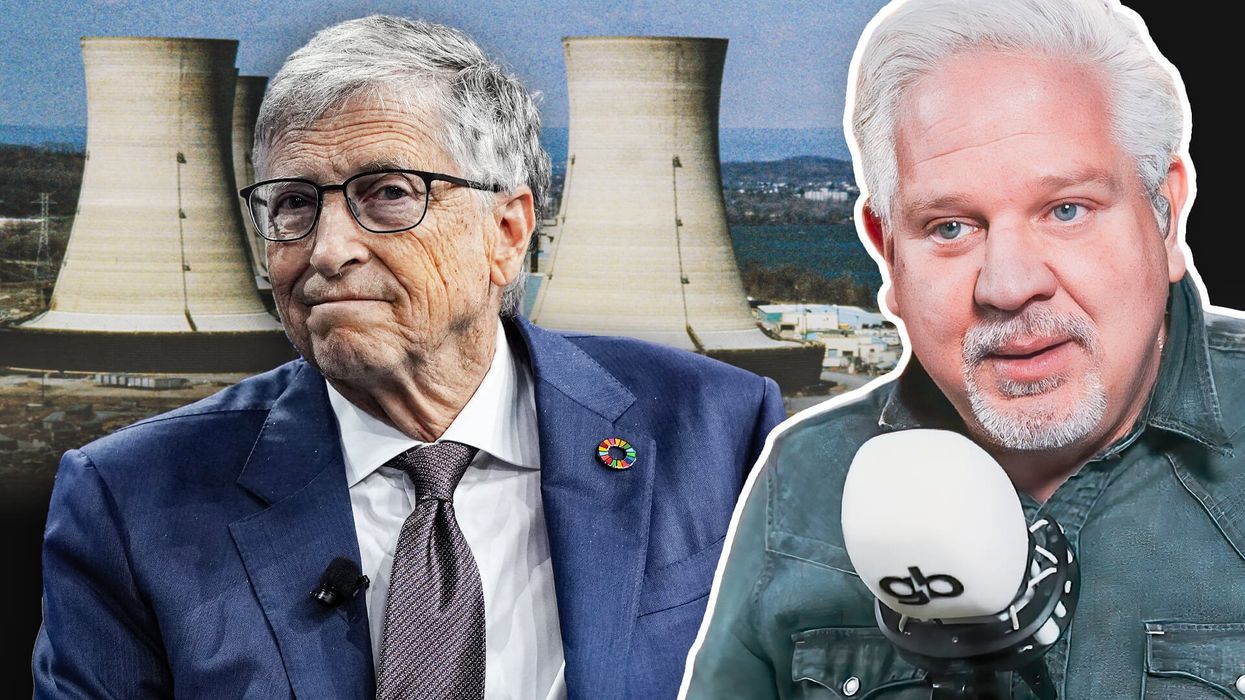
© 2025 Blaze Media LLC. All rights reserved.
One of President Obama’s most highly touted virtues is his allegedly contemplative nature. The media tells us that President Obama is never confused or stalling, but rather deliberating and analyzing. Plato had questions; Obama has only answers. But Obama’s capricious foreign policy has done perhaps more than anything else to shatter this mythology. And the consequences of his endlessly shifting weather vane diplomacy are increasingly problematic for U.S. interests.
To be fair, diplomacy traditionally elevates the soft-touch of fireside chats and closed-door luncheons. Obama may be at ease in these areas, though there are certainly reports to the contrary. In foreign affairs, however, his administration has exceled in double-speak, waffling, and worthless handshakes. Our enemies aren’t punished enough, our allies aren’t supported enough, and the rest of the world is left to wait and hold its breath while our Commander-in-Chief prevaricates among his amorphous principles.
Obama has failed to recognize that certainty and predictability are powerful concepts that promote American interests abroad. Those who wish to harm America should know our redlines without being told them. Our promises overseas should inspire fear or friendship as the case warrants. Iranian students opposing the Mullahs, for example, should be able to trust that America’s President stands with their desire for freedom before they hit the streets and risk their lives. Our principles should always precede our protestations.
On the contrary, the “Obama Doctrine,” if one can be said to exist, is a vague composite. It’s a mix of domestic political pandering, opportunism and Wilsonian interventionism. Obama wants to protect human rights, except when the cost is too high, and pushes for U.S. interests, but not too much, because that would seem unfair. U.S. strategic intent abroad, it seems, is anybody’s guess.
Did Obama support Mubarak’s ouster? Only after it was inevitable. Did Obama need a U.N. resolution for Libya? Only as a pretext for regime change. Does Obama care about human rights in China? Maybe, sometimes, depends.
We’ve lived through Obama’s diplomatic goulash for almost a full term. And today there are at least five areas where his finger-in-the-wind foreign policy continues to embolden enemies and confuse allies:
1) Syria: Obama must make the case for U.S. forces going in or staying out. Vowing to prevent what is already occurring makes a mockery of American resolve. If America is going to sit out this revolution, Obama should make that clear now to regional powers who will be drawn in one way or another. If this is not America’s fight, let’s not pretend it is.
2) Iran: Obama’s tough talk has worn thin, and nuclear negotiations with Tehran are a delaying tactic for both sides. They want nukes; we won’t let them have nukes. The only third option is regime change, which Obama should embrace in the mean time as the best outcome. Iran will hold presidential elections in a year. Obama should throw full-throated support behind a Persian Spring that supplants their pseudo-democracy with something closer to the real thing. Unlike most of the Arab Spring states, a worse regime in Iran would require real imagination, so the risks of change appear lower.
3) Afghanistan: The president’s Afghan review in 2009 wasted a year to come up with analysis that was obvious back when Bush was still in charge. Now he has told the enemy we are leaving, and hasn’t explained to Americans why they are still fighting. It may be too late to turn the tide against the Taliban, but if Obama thinks victory is worth the price, withdrawal should be based on ground conditions—not dictated by election year promises.
4) Russia: If Putin wants to act as constant irritant and spoiler on the diplomatic front, Obama should have the guts to poke back at the Russian bear. After elections fraught with fraud and rampant police crackdowns on protestors, there is an opportunity to delegitimize Putin’s cult of personality on the world stage. At a minimum, there must be no more placating the Kremlin on missile defense or nuke policy without considerable concessions from their side.
5) Egypt: There is a difference between applauding the democratic process and cheerleading for whichever side emerges from it victorious. Obama must clearly establish redlines that a Muslim Brotherhood-dominated Egypt cannot cross without repercussions. With Mubarak out, the Egyptian people should know they are faced with a choice to preserve their relationship with the U.S., or suffer the costs of its deterioration.
Buck Sexton is a former Central Intelligence Agency Officer with the Counterterrorism Center and the Office of Iraq Analysis. Currently, he writes for theblaze.com and appears nightly on GBTV.com’s Real News.
Want to leave a tip?
We answer to you. Help keep our content free of advertisers and big tech censorship by leaving a tip today.
Want to join the conversation?
Already a subscriber?
more stories
Sign up for the Blaze newsletter
By signing up, you agree to our Privacy Policy and Terms of Use, and agree to receive content that may sometimes include advertisements. You may opt out at any time.
© 2025 Blaze Media LLC. All rights reserved.
Get the stories that matter most delivered directly to your inbox.
By signing up, you agree to our Privacy Policy and Terms of Use, and agree to receive content that may sometimes include advertisements. You may opt out at any time.


